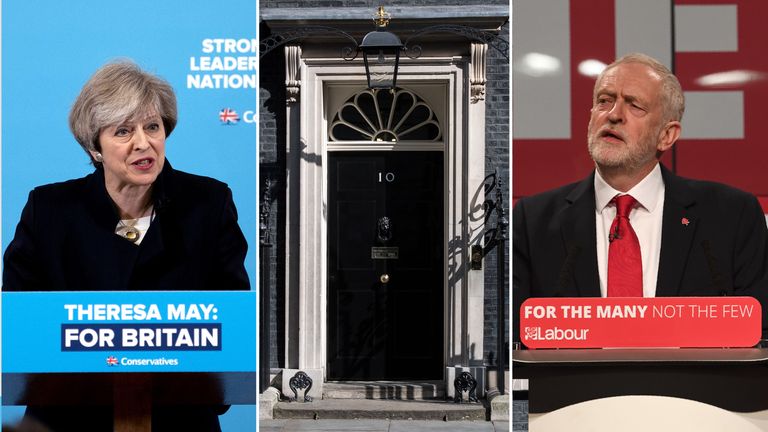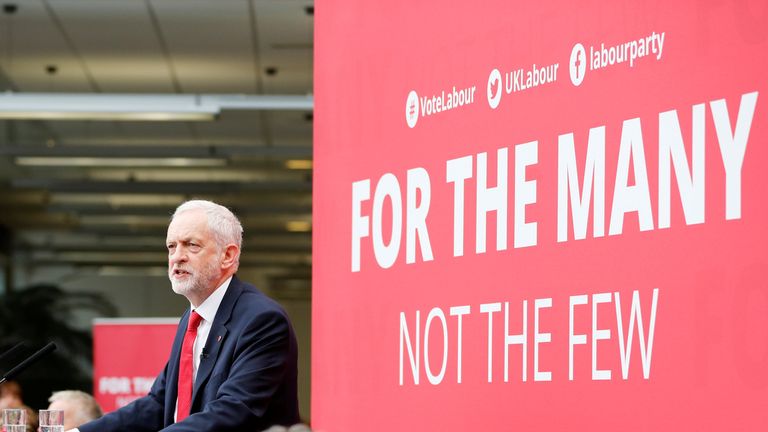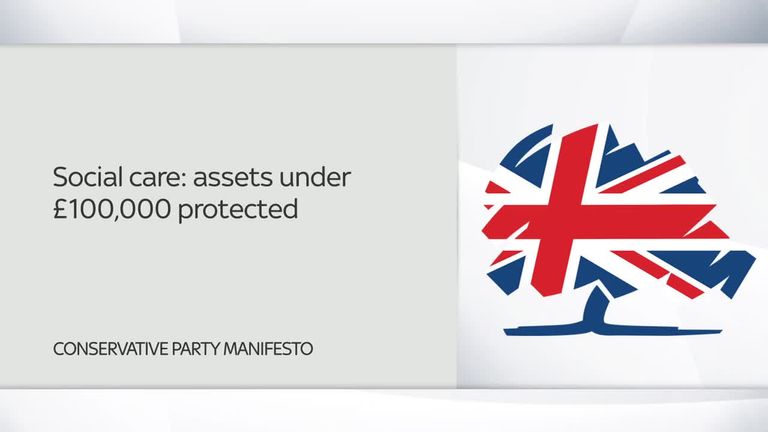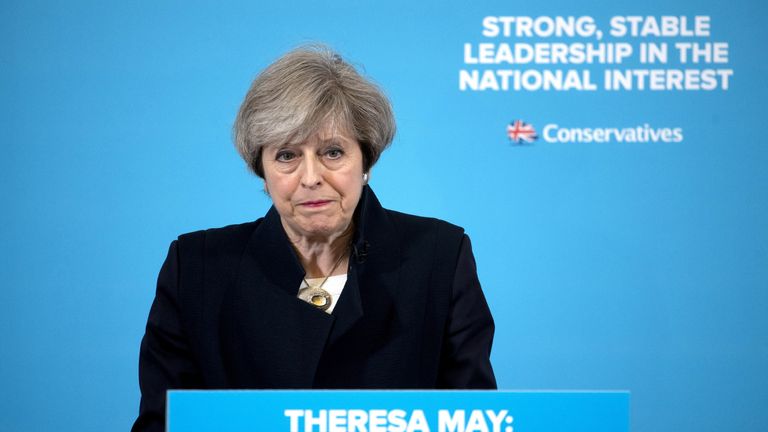General Election 2017: Is honesty always the best policy for politicians?
It may be the right way to conduct politics but from a cynical perspective, is honesty always the best policy?
Monday 22 May 2017 09:34, UK
When it comes to honesty, politicians are usually seen as on a par with estate agents, used car salesmen and - dare I say it - journalists.
Voters are fed up with MPs who are slippery with the truth and shrouded in spin, we are told, and desperate for straight-talking and straightforward politicians.
But is there a thing as too much honesty?
This week Labour and the Conservatives published their election manifestos and both - in different ways - have been punished for being too honest.
First up was Labour, who provided not only a whopping 124-page manifesto but a separate costings book to show how the sums added up.
Coverage of the manifesto has been dominated by queries over the costings.
Questions have been asked, for instance, about whether Labour can really expect to raise what they claim through increasing corporation tax and, if they can't, whether there's a financial black hole at the heart of the manifesto as a result.
Similar queries have been raised about everything from the amount that would be gained by changes to income tax to how much scrapping tuition fees would cost.
But here's the thing: the only reason we are able to scrutinise Labour's costings is because they have provided them.
This is far from usual.
The Conservatives, for instance, haven't provided anything like the amount of financial detail.
In a way, Labour are being punished for being too honest.
The same is true for the Conservatives, although for different reasons.
Theresa May's manifesto is open about some difficult policy decisions that are likely to prove unpopular with large numbers of the electorate.
On social care, for instance, the Conservative document reveals that anyone with assets over £100,000 - which can include a property - will have to pay not only for care in a residential home but in their own house.
In addition, winter fuel payments for the elderly will be means tested rather than treated as a universal benefit, and the triple lock guaranteeing pension increases will be reduced to a double lock.
Previous Conservative administrations have shied away from targeting pensioners for savings because they are perhaps their most reliable source of votes in an election.
By refusing to spare this most loyal group, Theresa May has been punished, with the Conservative lead over Labour in the polls being cut to single figures.
The truth is, the Prime Minister didn't have to do it.
A few vague promises about reviewing social care or consulting on pensions would have been enough.
The difficult details could easily have been announced once her majority was safely in the bag.
Just like Labour, the Conservatives are being punished for their frankness.
Honesty may be the right way to conduct politics in theory - but from a purely cynical perspective, it's not always the best policy.








